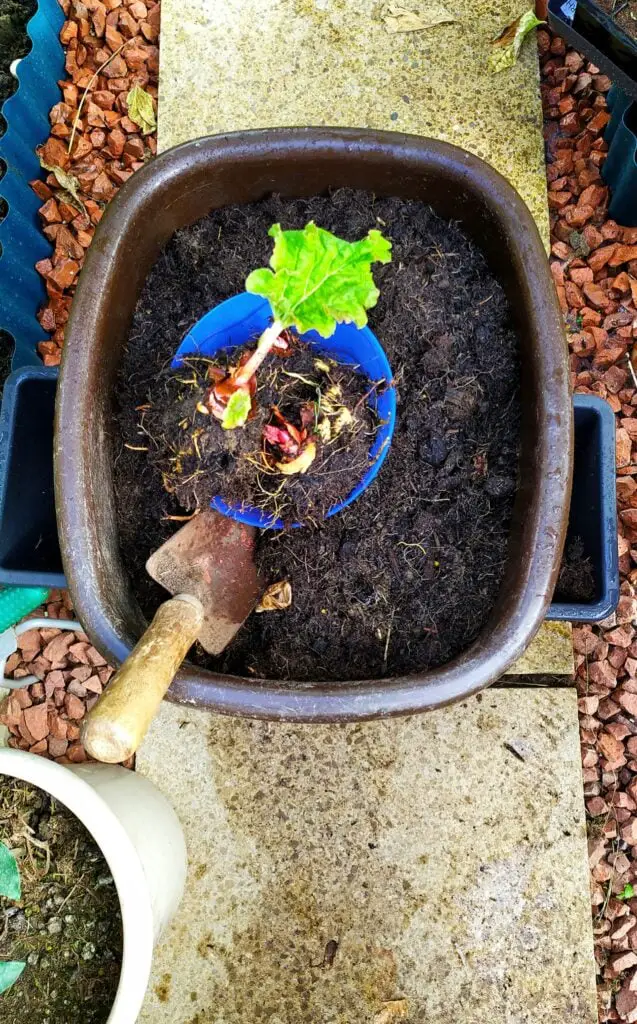Download: Can You Put Citrus in Compost? Debunking Myths, Enhancing Your Compost
If you’re a keen gardener, you’ve probably heard whispers about citrus in compost. Some say it’s a no-no, while others swear by its benefits. Let’s clear the air and explore why citrus fruits deserve a spot in your compost pile.
Tip: If you’re new to composting, here’s a step-by-step guide that can help!
Busting the Citrus Compost Myths
There are a few lingering misconceptions about composting citrus:
- Myth 1: Citrus is too acidic. While citrus fruits are acidic, this shouldn’t deter you. A healthy compost pile can handle a bit of acidity, and the citrus will break down with time.
- Myth 2: Citrus kills beneficial microbes. Microbes are resilient creatures! Citrus won’t wipe out your compost’s microbial life. It might slow the process temporarily, but things will balance out.
- Myth 3: Citrus attracts pests. Quite the opposite! The strong citrus scent can actually deter unwanted critters from hanging out in your compost.
Related: What Do I Put At The Bottom Of My Compost Bin?: Find Out Here

Why You SHOULD Compost Citrus
Citrus fruits and their peels offer great benefits for your compost:
- Nutrients galore: Citrus adds nitrogen, potassium, phosphorus, and trace minerals, giving your final compost a nutritional boost.
- Improved texture: Citrus rinds help create air pockets, aiding in aeration and preventing your compost from getting soggy.
- Wonderful aroma: The citrus scent adds a pleasant fragrance, masking less desirable compost smells.
Related: How To Turn Compost In A Plastic Bin
How to Compost Citrus
- Collect your materials: Gather citrus scraps, other kitchen waste like banana peels, coffee grounds, and eggshells, along with “brown” materials like leaves or shredded paper.
- Prep the citrus: Remove peels from the citrus. Chop peels and any large pieces of fruit into smaller chunks for faster breakdown.
- Build your compost: Layer your compost pile carefully: start with browns then add greens To offset the acidity of citrus, add a sprinkling of grass clippings or wood ash.
- Maintain your pile: Turn your compost at least twice a week. This will aid in decomposition and reduce excess acidity.

Composting Citrus: Tips for Success
- Balance is key: Don’t go overboard with citrus. Mix it well with other “brown” materials (like leaves or straw) to maintain a good carbon-to-nitrogen ratio.
- Dry if possible: Drying the rinds before adding them can help prevent mold issues, especially in wet climates.
The Verdict: Compost that Citrus!
Don’t listen to the naysayers – citrus is a valuable addition to your compost. Just use it in moderation, chop it well, and mix it with plenty of other composting materials. Your garden will thank you for the rich, citrus-infused compost.
Further Reading
- Composting of Byproducts from the Orange (Citrus sinensis (L.) Osbeck) and Sugarcane (Saccharum spp. hybrids) Agroindustries
- Microbial, Chemical and Physical Aspects of Citrus Waste Composting
- Compost from Fresh Orange Waste:A Suitable Substrate for Nursery and Field Crops?

